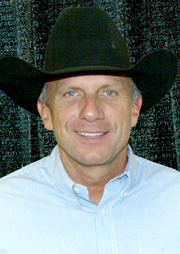 On Super Bowl Sunday, as the Patriots look to claim their fourth title in seven seasons, I thought it would be fun to look back at an interview with Joe Montana, during the 2004 National Cutting Horse Futurity. Montana, quarterback for the 49ers when they won four titles in nine seasons, owns cutting horses and competes as an amateur.
On Super Bowl Sunday, as the Patriots look to claim their fourth title in seven seasons, I thought it would be fun to look back at an interview with Joe Montana, during the 2004 National Cutting Horse Futurity. Montana, quarterback for the 49ers when they won four titles in nine seasons, owns cutting horses and competes as an amateur.
Q: How do you feel being a defensive player in the cutting arena?
JM: You play a lot more defense, but you still have to be a little bit more aggressive. A lot of times you look and you watch, and people say, it’s all in the horse. It’s a lot more technical than it looks. It looks like you’re just sitting there doing nothing, but there’s a lot more going on. There is still a lot of steering that goes on with your feet and your body. If you don’t do the right thing, you won’t help the horse at all.
Q: Do you feel the same adrenaline rush as with football?
JM: It’s the same nerves and adrenaline. Until you get that first cow separated from the herd and put your hand down, your heart’s pounding. It is one of the few things that I can say actually comes close (to football).
Q: Does your football experience help you with focus in the cutting arena?
JM: The hardest part (about cutting) is that you have to focus, but you have to listen at the same time. You have people trying to help you while you’re out there. But on the football field, you focus it off to where you don’t hear things.
The hard part about cutting is to focus and to listen and try to make things happen that you’re being told to do. Maybe you’re a little bit off or a little short or a little long, and they’re trying to always help you get that corrected while you’re in the middle of playing. I’m not used to that.
Usually (in football) you get 15 seconds in your ear. They tell you the play and then they cut it off. But in cutting, while you’re playing they’re talking to you.
Q: Is it hard for you to go from being the best at the game to being an amateur?
JM: Not really. I don’t get enough time in the saddle to feel comfortable even thinking I’m good enough for the non-pro, yet. I’m happy where I am. I always love the opportunity to know there’s a lot of room to move up. Right now I’m still pretty comfortable.
Q: How would describe cutting horses as athletes?
JM: I always say it’s like being on the back of Barry Sanders. Because one minute you’re going full speed over here and the next thing you know, you come to a complete stop, and then you’re going full speed in the other direction. Half the time you’re saying to yourself, how did I do that? How does that happen?
Q: How did you get involved with cutting?
JM: Jonathon Hayes, who was a tight end at Kansas City, was coming (to Fort Worth) for the celebrity cutting. I came down and it looked like a lot of fun. We went to Kobie Wood’s place and he put me on Brian, one of his teaching horses, and after I got comfortable, he put me on (NCHA world champion) Cash Quixote Rio. From that point on it was like hook-line-and-sinker. I’d love to spend all of my time doing it.
Q: How do you feel wearing a cowboy hat and boots?
JM: I’m real comfortable. When I was a kid, I always wanted to be a cowboy. I was born too late to be a cowboy, but this is a lot of fun. The guys and women involved in this sport are tremendous. They’re as good as it comes and as down to earth as it comes, and they’re fun to be around.
Q: What do you consider your greatest moment in football?
JM: I think throwing the touchdown to win the Super Bowl with John Taylor. I’d done that thousands of times in my backyard as a kid growing up with my neighbor. I made him dive for all the balls though. It was a little more exciting, living a dream come true that way.
